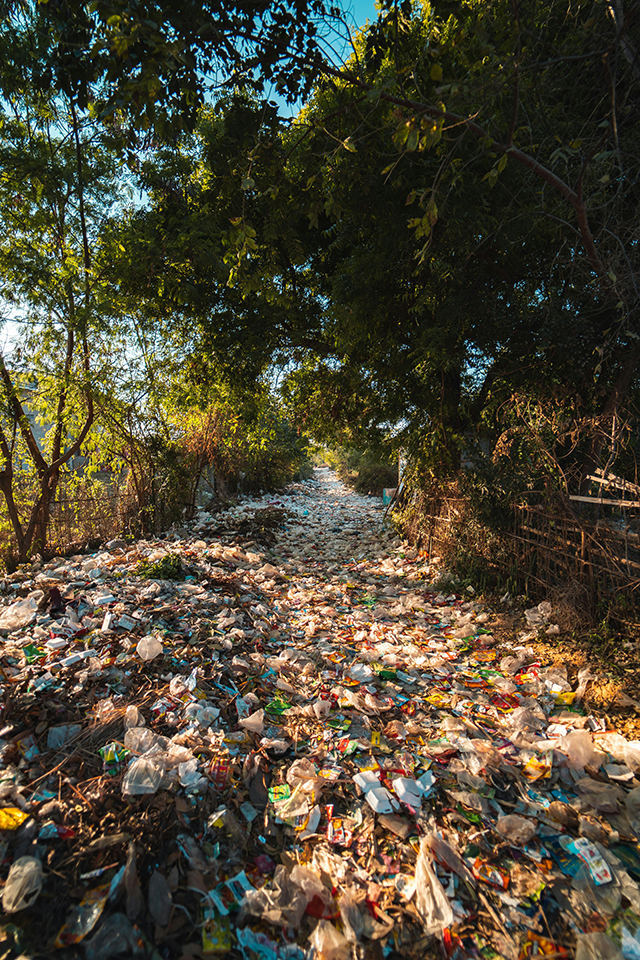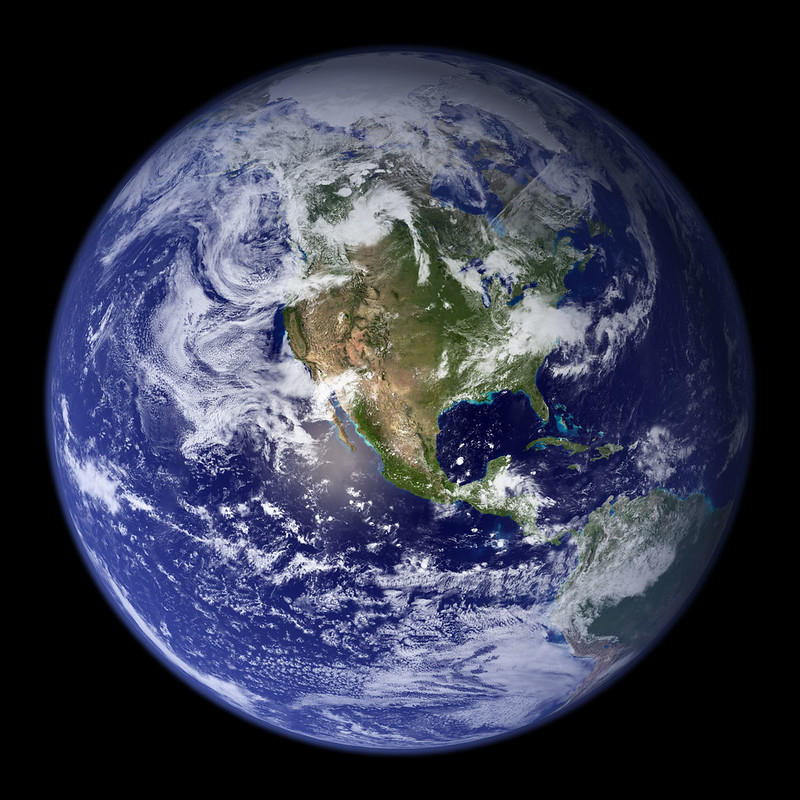
Warning: Project 2025 accelerates climate change! Reject Trump, Reject Project 2025. Vote Biden. Vote Blue.
As the world grapples with the escalating impacts of climate change, urgent and decisive action is needed. However, Project 2025 proposes reforms that significantly undermine critical environmental protections and sustainable development efforts. These reforms threaten to derail progress on combating climate change, protecting public health, and ensuring environmental sustainability. These policies are regressive and dangerous. Reject Trump, Reject Project 2025. Vote Biden. Vote Blue.
Energy Policy: Prioritizing Renewable Energy for a Sustainable Future
The proposed energy policy in Project 2025 advocates for an “all of the above” approach, emphasizing the continued use of fossil fuels while criticizing renewable energy initiatives. This perspective overlooks the urgent need to transition to cleaner energy sources to combat climate change. Reject Trump, Reject Project 2025.
Renewable energy and sustainability are imperative for ensuring long-term energy security. Prioritizing clean energy technologies like wind, solar, and advanced nuclear power can reduce greenhouse gas emissions, create jobs, and enhance energy independence. Policies should support renewable energy subsidies and climate initiatives that drive innovation and reduce our carbon footprint.
According to the International Renewable Energy Agency (IRENA), renewable energy could, and should, account for 90% of the power sector’s decarbonization by 2050, creating millions of jobs and enhancing energy independence. Policies should support renewable energy subsidies, research and development in clean technologies, and the implementation of carbon pricing mechanisms to incentivize reductions in greenhouse gas emissions.
Environmental Protection: Strengthening the EPA’s Role
Project 2025 aims to eliminate climate change initiatives within the Environmental Protection Agency (EPA), criticizing them as economically burdensome. This perspective ignores the critical role that climate policies play in safeguarding public health and the environment. Reject Trump, Reject Project 2025.
Climate change initiatives are vital for long-term environmental sustainability. The EPA’s focus on renewable energy and stringent air quality standards ensures cleaner air, reduces health risks, and mitigates the impacts of climate change. Rather than eliminating these initiatives, we should strengthen the EPA’s capacity to enforce science-based regulations that protect both the environment and public health.
Health and Climate Change: Integrating Environmental Considerations
Project 2025 suggested for the Department of Health and Human Services (HHS) largely ignore the connections between public health and climate change. This oversight will result in dangerously inadequate preparation and response to health crises worsened by climate conditions. Reject Trump, Reject Project 2025.
Public health policies need to incorporate the impacts of climate change, which include increased heat-related illnesses, respiratory issues from air pollution, and the spread of climate-sensitive diseases. A robust public health system that addresses these challenges is crucial for building resilient communities. Policies should promote environmental health and prepare for the health impacts of a changing climate.
Agriculture and Water: Sustainable Practices for Long-Term Resilience
Project 2025 will downplay agricultural and water policies, focusing on deregulation and short-term economic gains. This approach leads to accelerated environmental degradation and resource depletion. Reject Trump, Reject Project 2025.
Sustainable agriculture and water management practices are essential for long-term resilience and our health! Policies should support conservation programs, promote water-efficient technologies, and encourage sustainable farming practices. Investing in sustainable agriculture ensures food security, protects natural resources, and mitigates the impacts of climate change on our ecosystems.
Housing and Urban Development: Building Green Communities
Project 2025 reverses climate change initiatives within the Department of Housing and Urban Development (HUD) threatening to halt progress on sustainable urban development. Ignoring climate considerations in housing policies leads to higher energy costs and increased emissions. Reject Trump, Reject Project 2025.
Climate change initiatives in housing are crucial for promoting energy-efficient buildings and sustainable urban planning. Policies should incentivize green construction, support renewable energy integration, and ensure that urban development is resilient to climate impacts. Sustainable housing reduces energy costs, lowers emissions, and improves the quality of life in communities.
Summing Up
Project 2025 presents a regressive approach to climate policy, favoring short-term economic gains for a few over long-term sustainability. This perspective is not only shortsighted but also dangerous, as it undermines efforts to combat climate change and protect public health and the environment. Reject Trump, Reject Project 2025.
We must advocate for policies that prioritize renewable energy, strengthen environmental protections, integrate climate considerations into public health, promote sustainable agriculture, and build green communities. By embracing a comprehensive approach to climate action, we can ensure a sustainable and resilient future for generations to come.
Our planet is at a critical juncture. We must reject proposals that roll back environmental progress and instead champion policies that foster innovation, equity, and sustainability. The climate crisis demands bold and immediate action. By committing to protecting our environment and securing a healthy, prosperous future for all, we can rise to the challenge and create a legacy of resilience and sustainability.
Vote Biden. Vote Blue.
Vote Biden. Vote Blue. They champion comprehensive and forward-thinking climate policies which are crucial for our future, health, and sustainability of our children and future generations. Reject Trump, Reject Project 2025.


